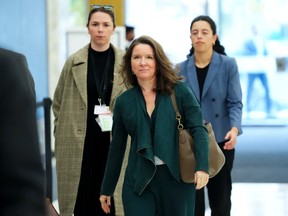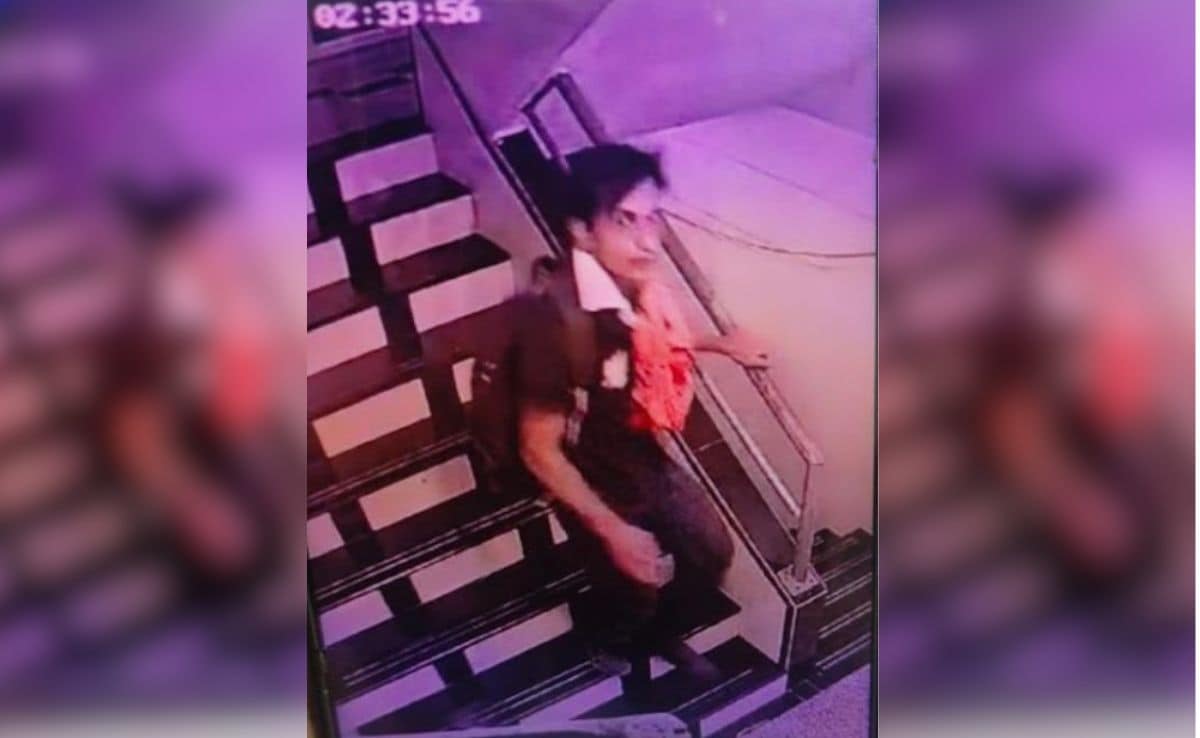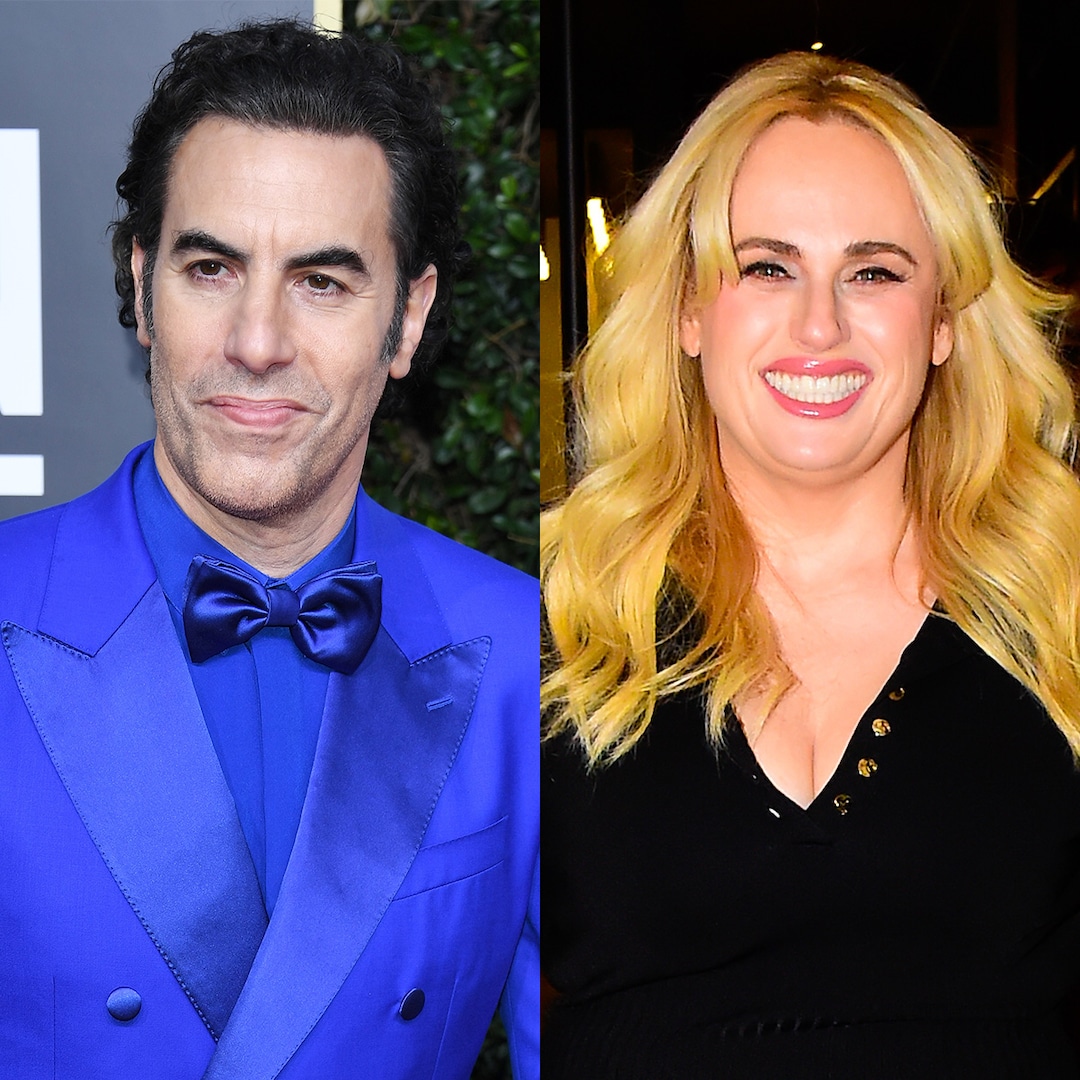That Trudeau’s closest advisers weren’t informed further highlights issues with how intelligence was disseminated within government in recent years
Article content
OTTAWA — Top officials in the Prime Minister’s Office, including Prime Minister Justin Trudeau’s chief of staff, did not know of two “major instances” of suspected foreign interference until Canada’s spy agency tabled documents at a public inquiry in recent months.
The fact that Trudeau’s closest advisers weren’t aware of two of six major suspected incidents of foreign interference until the Public Inquiry into Foreign Interference (PIFI) further highlights issues with how intelligence was or was not disseminated within government in recent years.
Advertisement 2
Article content
In July, the Canadian Security and Intelligence Service (CSIS) provided PIFI with a list of seven “major instances” of suspected foreign intelligence targeting Canada that it had detected.
(One instance was subsequently removed from the list because it was later determined that it had a “lesser impact” than previously thought, though CSIS says it remains an attempt at foreign interference.)
CSIS related one instance where a foreign government undertook “several actions” to undermine an unnamed Liberal candidate’s chances at being elected federally, according to an unclassified summary of the list.
“It is suspected that the foreign government sought to thwart the candidate’s bid given their support for issues perceived to be contrary to the foreign government’s interests,” reads the document.
In another instance, the spy agency noted that “a former parliamentarian is suspected of having worked to influence parliamentary business on behalf of a foreign government.” A memo relating to this incident was sent to then-CSIS director David Vigneault.
Despite the bureaucracy ranking these incidents as “major,” top officials at the Prime Minister’s Office (PMO) told the inquiry they only found out about them while reading a CSIS summary provided to the commission in July, according to a summary of two interviews with PIFI staff.
Article content
Advertisement 3
Article content
Those officials, Trudeau’s chief of staff Katie Telford, his deputy chief of staff Brian Clow and his senior global affairs adviser Patrick Travers, told commission staff that PMO had “no awareness” of either incident until the CSIS document was put to them this summer.
They also noted that they learned of the seventh downgraded incident while reading the same CSIS report.
“CSIS continues to view this as a suspected instance of foreign interference as it demonstrated a foreign government attempting to build, maintain or leverage relationships with parliamentarians using clandestine, deceptive or threatening tactics,” reads an unclassified summary of the downgraded incident.
The summary of the interview with PMO staff does not reveal their reaction to learning of the alleged incidents of foreign interference potentially years after they occurred.
This is far from the only instance in which top government officials were not informed of intelligence regarding foreign interference in Canada.
Tuesday, the PMO officials testified that they first learned of Chinese government attempts to compile information on Conservative MP Michael Chong and his family in Canada and abroad through a Globe & Mail report in May 2023.
Advertisement 4
Article content
On Friday, Foreign Affairs Minister Mélanie Joly told PIFI the same, adding that she was largely kept in the dark about foreign interference efforts in Canada for nearly two years after her appointment as foreign minister in 2021.
The interview summary with PMO officials shows that in many cases, Telford and her team relied on the prime minister’s national security and intelligence advisory (NSIA) to triage information received from intelligence agencies and determine what should be briefed to the prime minister and PMO.
Testifying at the inquiry Tuesday, Telford, Clow and Travers also said that they have pushed back on some intelligence assessments they received because they weren’t convinced that the behaviour truly represented foreign interference.
“In certain instances, merely assembling information about a member of Parliament, I would not say is, is on its own, foreign interference,” Clow said.
“So often intelligence is imperfect information,” Telford added. “It may be coming from a corroborated or an uncorroborated source that has or hasn’t been relied upon in the past, and it may have some parts that are that are known to be accurate and parts that aren’t.”
Advertisement 5
Article content
Clow also said that there was a “cultural reluctance” within intelligence agencies toward informing political parties of risks of foreign intelligence, but that’s improving.
Recommended from Editorial
One key suspected incidence of foreign interference was during the hotly contested Liberal nomination race in the Toronto-area riding of Don Valley North in 2019.
PIFI Commissioner Marie-Josée Hogue’s first report earlier this year suggested Chinese students were provided with “falsified documents” by a well-known Chinese proxy agent and then bused to the nomination election so they could vote for candidate Han Dong despite not being residents of the riding.
Intelligence agencies reported after the fact that those students were in fact coerced into voting for Dong.
Dong won the race and was subsequently elected in the 2019 general election. The MP, who now sits as an independent, has denied all wrongdoing or knowledge of the alleged scheme.
Advertisement 6
Article content
PIFI documents show that after the election, PMO officials and Trudeau were briefed on CSIS’s intelligence on the nomination race. They also reveal that after the briefing, PMO staff decided that Dong “would not be promoted to any parliamentary secretary or ministerial-type role.”
“In terms of any specific follow-ups, Ms. Telford testified that there were back-and-forth discussions with intelligence services at the time, including about the fact that it was not uncommon to have buses of supporters in nomination meetings,” reads the summary of the interviews with PMO officials this summer.
National Post
cnardi@postmedia.com
Get more deep-dive National Post political coverage and analysis in your inbox with the Political Hack newsletter, where Ottawa bureau chief Stuart Thomson and political analyst Tasha Kheiriddin get at what’s really going on behind the scenes on Parliament Hill every Wednesday and Friday, exclusively for subscribers. Sign up here.
Our website is the place for the latest breaking news, exclusive scoops, longreads and provocative commentary. Please bookmark nationalpost.com and sign up for our daily newsletter, Posted, here.
Our website is the place for the latest breaking news, exclusive scoops, longreads and provocative commentary. Please bookmark nationalpost.com and sign up for our politics newsletter, First Reading, here.
Article content









